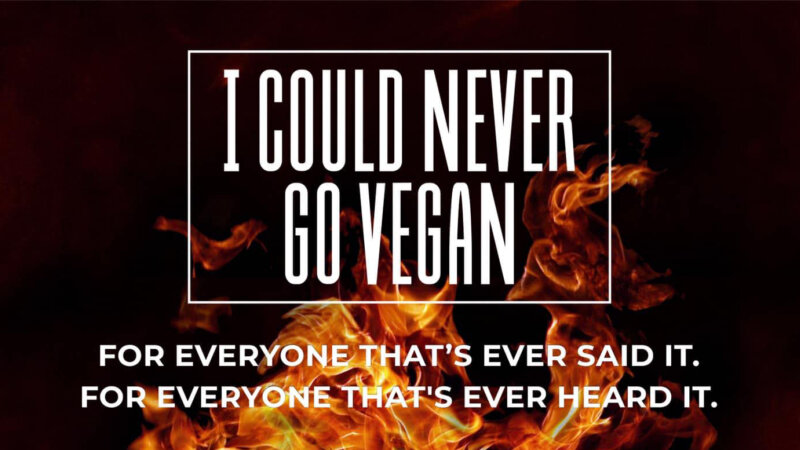Filmreel
Ken Loach Interview.
At 74, Ken Loach is a towering figure in British cinema. His breakthrough Kes (1969) paved the way for a forty year career, with films focusing on social commentary, realism and the plights of the working class. As the father of British social realism, he has always offered a lone voice for the downtrodden and ignored. Loach's significance as one of the greatest activists in cinema isn't obvious from his appearance - he is a gentle man whose humility is astounding considering the high quality of his artistic output. His latest film Route Irish delves into the world of Fergus, a private security contractor who after fighting in Iraq attempts to uncover the mysteries surrounding his best friend's questionable death and punish those responsible.
You chose to concentrate on private contractors in your new film. What was it about those people in particular that made such worthy subject matter, rather than the normal soldiers?
I think without us realising it, war has been privatised. They're privatising everything else -the health service, education. The privatisation of war is something that has really crept up on us. The soldiers have been withdrawn and the occupation is being carried on by mercenaries who are subcontracted by big companies. This is a new development. Now Gadaffi is hiring mercenaries from Africa against his own people, there are a lot of contractors in Afghanistan being recruited from war lords. They're still fighting the wars, but doing it through private contractors who are not being monitored in the same way as a standing army.
What made you decide to set most of the film in England, instead of having the focus on the war itself?
We wanted to bring it home, to show what it's like to be waterboarded. These things happen in a far away country, so we tend not to recognise them, but because the film is happening right here, we hoped it would be slightly more vivid.
What was the waterboarding scene like to direct? It must have been quite traumatic.
It was. We tried doing it with all kinds of tubes to remove the water, but we couldn't do it. Trevor Williams (who plays Nelson) eventually said: "This isn't working, I'll just do it." So we went for it. Afterwards he said he was fine, but on his way home he had a panic attack and had really bad nightmares for some days after. He was free at any time to sit up and we would have ended it, but we got it all done.
As a director you are notorious for pushing your actors to their limits to achieve greater realism. What's the line that you wouldn't cross when trying to get the perfect take?
Well, of course you wouldn't do anything to harm the actors permanently. During the waterboarding scene, Trevor would sit up and we'd ask him if he was ok, and he wasn't bound so was always free to stop. He could just give us an indication and we would stop. We left it to him to gauge how far he could go, but every case is different.
Do you think there's a tendency for troops who go through similar experiences to Fergus to be ignored by the government?
Clearly. The government don't want to acknowledge it. It's a time bomb because Iraq is in their heads. This might take 14, 16, 18 years to manifest itself and for the people who suffer it, their lives can be ruined by it. Not everybody is affected - some can emerge and deal with it - but there are many who can't.
You often shoot scenes of violence that say more than the actual scenes themselves. Do you think there's a tendency for that kind of approach tobe ignored?
Violence is something you have to treat very sparingly. People just getting shot - bang - and falling down is too cheap. I think that's the problem with a lot of so-called 'anti-war' films; they're actually pro-war because they use more blood than you would actually see, they put the deaths in slow motion. The violence is ratcheted up in the name of drama but without the poetry.
What motivated you to offer surety in court for Julian Assange?
Because we were hearing things through Wikileaks that governments wanted covering up that shouldn't have been covered up. Many things to do with Iraq, the abuse and torture of prisoners, the British involvement with death squads in Bangladesh that no one knew about, the United States trying to spy on other countries and getting hold of credit card numbers so they could blackmail them. You can't be democratic unless you know the full story. How can you decide what's right if they're not telling you everything? So it was in the interests of freedom of information and the free press.
Do you see the revolution in Egypt as a sign of hope?
Absolutely. I'm sure the West is in there trying to stitch up a pro-Western outcome as I'm sure they are in all the other countries. People will always rise up in the end. It may take a long time, but they will rise.
What advice would you offer to student protesters?
I think their campaign against student fees was very important, but they shouldn't think the battle is over because things will go on getting worse for students. It's very important they defend the idea of education, that it is developing a critical evidence-based attitude - it's not there to turn you into a banker or someone who's business minded. I think they should abolish all business degrees because education is about freeing your spirit and making you critical. I want to see more students out on the streets, also to
protect the NHS.
And libraries...
And libraries, yes. I mean New Labour would have done the same, attacking the idea of learning by closing libraries. I find it a shocking, mean-spirited thing. What do libraries cost? Nothing. A few Barclay's bankers could support the whole library system. It's criminal. We could stop it but we need joint action.
Do you think the closure of the UK Film Council has affected filmmakersin Britain?
The film council didn't really touch the big issues - exhibition, distribution, American dominance - and until it does that they're only really fiddling around the edge. I don't think it's going to have a huge effect. I think they were doing some good things. There were some good outreach programmes and some good people in it doing good things, but they weren't tackling the big issues. We've yet to see what its demise will bring.
What can the British film industry do to distance itself from American dependence?
It's beyond the industry itself; we have to change the ownership of the big cinemas. They have to be programmed by people who will include a diverse selection of films. It's fine having a cinema like the Showroom, where you get a variety of films, but the majority of people don't live within reasonable reach of a cinema and the multiplexes will show what they show. They'll be monopolised by the Americans or what the Americans want, which may be a British film now and then, but in order to change this you need to change the ownership and the programming. The French have got a better system. They take a subsidy off every cinema seat and put it towards production and distribution.
Your films are very popular in France, almost more so than here. What do you think their appeal is to the French people?
I don't know. I think they have a different idea of cinema. They have a different idea of what thoughts can be, so the kind of stuff that my production company Sixteen Films does fits into that.
You often dismiss contemporary television as not being able to comment on society. I was wondering if you're aware of the works of David Simon (The Wire, Generation Kill), who offers a working class perspective tied in with social commentary. Does this small renaissance offer hope for British TV?
I'm sure you're right, things will occasionally get through. The films about Israel and Palestine were interesting, well thought through and well made, so I admit it can happen.
Simon seems to have a large US fan base who now demand to hear about politics in narrative TV. Do you think that could spread to the UK?
It could, but the problem is that it's stifled by the managers and executives and the people that are there to get the ratings and not spend too much money. There's got to be a different attitude at the top. When I was there we were expected to be the National Theatre of the Air. They don't have that ambition anymore.
Do you think society is less compassionate and receptive to those values?
Yes, because that's the economic system we've got and that's what it produces. All these programmes about being a sharp business man - the Alan Sugar stuff - are all about doing a deal and screwing the person next to you. That's what they encourage. There is a real immorality in those programmes. It's against the idea of working as a team; it's for the idea of screwing your neighbour. There was an article in the Guardian the other day about an increasing number of undergraduates aiming to be entrepreneurs. They are not the values that the post-war generation grew up with. It was about community, solidarity, mutual support, cooperation, not "I'm going
toscrew you for the sharpest deal I can".
Is it that economic approach that needs to be changed in order for films and TV to improve, then?
Yes, because everything springs from economic relations. That's the starting point for everything. )





